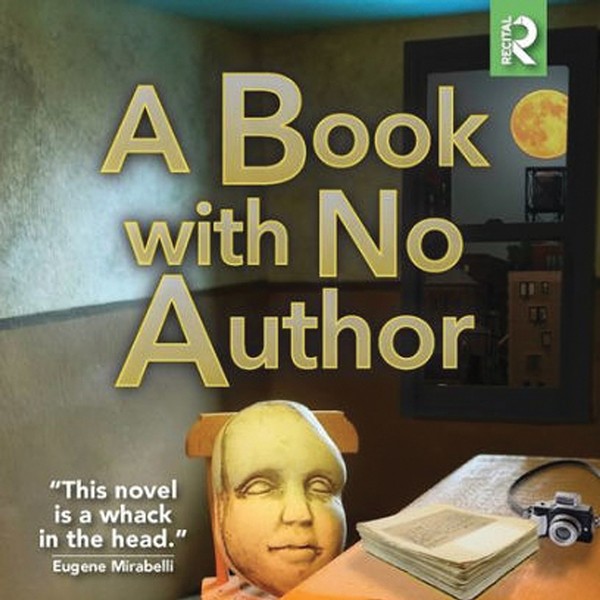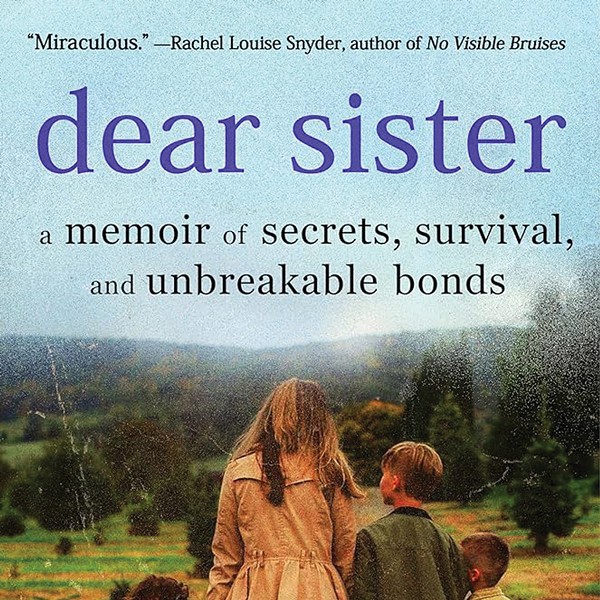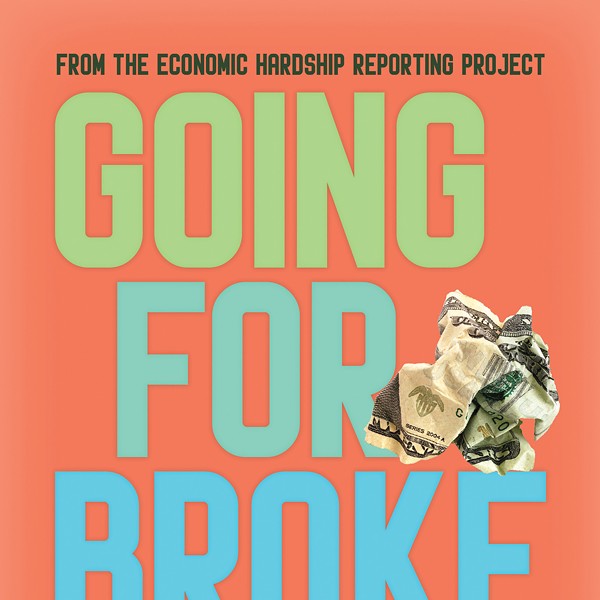My Beloved Life
Amitava Kumar
Knopf, 2024, $29
A vivid exploration of some of life’s most painful experiences—the catastrophic breakup of a marriage, political violence, and social crisis, the death of one’s parents—and how we manage to go on afterward, this third novel by Amitava Kumar, a professor of English at Vassar College—revolves around a man named Jadu. Born in a village in northeast India without running water or electricity, he goes to college and becomes a historian of early Indian nationalist movements, which remind him of “a rebellious India,” not “the India of incense sticks and yoga or vegetarian food,” but one that is “scrappier…its goal was freedom for the masses.”
The first half of the novel is narrated in the third person, closely following Jadu’s perspective on his own life; the second by his daughter, Jagnu, who, inspired by her father’s brief glimpse of the outside world during a fellowship in America, moves to Atlanta to study journalism and work for CNN. The book frequently touches on the role of writing in shaping our memories and our selves. Only when Jagnu agrees to write her father’s obituary does the news of his death begin to become real. She concludes that “we are in touch with a great astonishing mystery when we put honest words down on paper to register a life and to offer witness.”
My Beloved Life is itself convincing proof. Written in an insistently laconic register, punctuated by moments of subdued eloquence and scintillating insight, the book explores how our lives are shaped by the stories we tell about them, how we often misread one another’s intentions and delude ourselves about our own, how what we are told as children about the time before we were born becomes incorporated into our own narratives. When Jadu’s mother tells him that her marriage was a disappointment, for his father’s family proved not nearly as wealthy as they had hinted before the wedding, the revelation becomes “yet another lesson in tragedy in Jadu’s early life.” The early pages offer a brilliant depiction of the confusion of adolescence, how we are torn between different impulses and dreams, and the happenstance or even ridiculous ways in which we choose our destinies, often while hiding from ourselves that we are indeed making a choice.
The book is also a bottom-up account of the unmaking of modern India. How individuals shape history, Kumar suggests, is rarely as interesting as how history shapes individuals. When Jadu becomes a professor, he watches as his students “leapt on the footboard of that fast-moving vehicle called fate and became powerful.” Ramdeo, Jadu’s low-caste college friend who once hoped to enter politics and improve the lot of his people, succeeds in becoming a federal minister. He is best-known for swindling massive sums of public money and proposing that the poor consume field rats as a source of protein. When Jagnu asks her father what has changed in India since the 1970s, he replies that “those who were in prison then were in power now. They were now sending others to prison.” Another character muses over why it is that “the most violent, the most brutal people…act as if they are the ones carrying the biggest wounds in their histories and in their hearts.” Kumar connects these themes with the contemporary political situation in both India and the United States in subtler and more rewarding ways than in his last novel, A Time Outside This Time (2021), which included a screenshot of a Trump tweet in its bibliography.
As he ages, Jadu is haunted by the gruesome death of his mother and the quieter but no less devastating death of his father, as well as by regrets and disappointments, oversights, errors, humiliations, inadequacies. Jagnu, in turn, becomes equally fixated on the lonesome death of Jadu early in the coronavirus pandemic, when she cannot return home to supervise his cremation or properly reckon with her loss: “Like an actor robbed of an audience, I felt I was walking alone on a dark and empty stage.” A year later, Jagnu travels to India to report on the devastation of the pandemic’s second wave, which left hospitals without oxygen and morgues overflowing, prompting the construction of massive public pyres. Jagnu leaves her hotel and walks toward the distant flickering glimmer. “It was as if my father’s body was still burning,” she says. “I had to reach the crematorium in time so that I could learn to read from his glowing bones everything about who I was.”

















